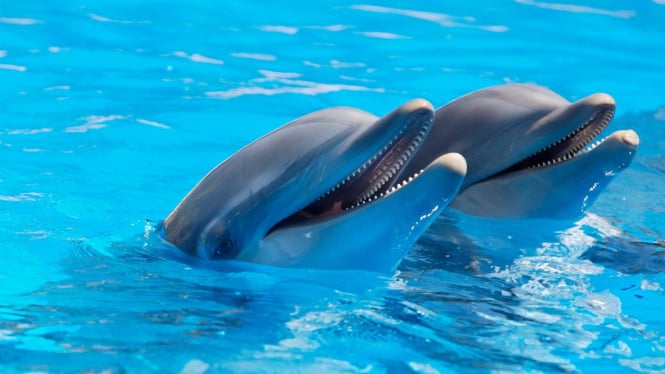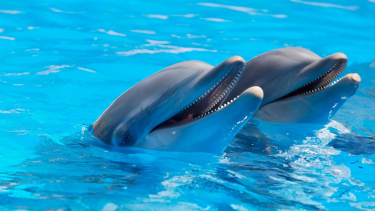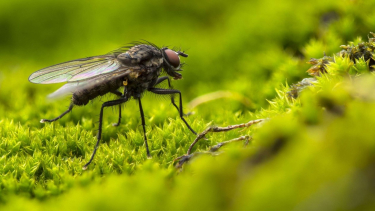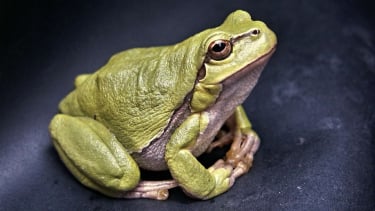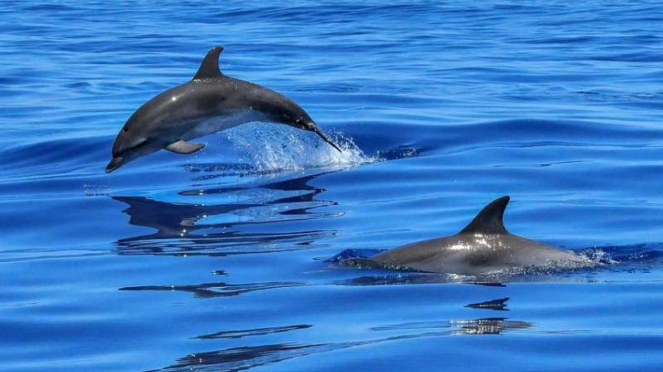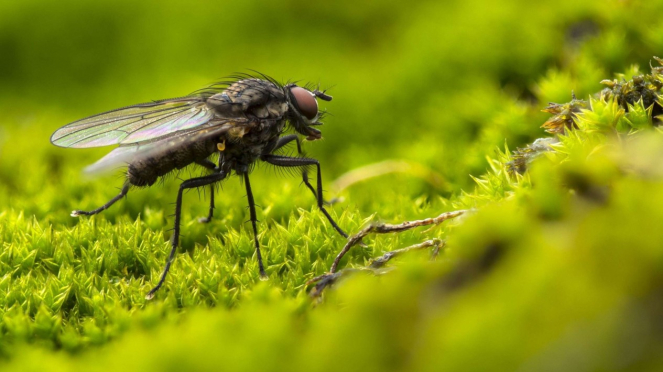List of Animals that are Predict Never Sleep
- Pixabay/ Paxels
VIVA – So far, many people think that fish are one of the animals that never sleep. But as it turns out, fish are not animals that never sleep in their daily.
For many animals, sleep becomes the most important process of restoring several functions in the animal's body, characterized by changes in the state of consciousness, reduced animal responses to external and surrounding stimuli, and the process of regulating homeostatic conditions in the animal's body.
Therefore, animals can know when it's time for them to sleep. But unlike the following animals that are predicted never sleep.
1. Dolphin
Ilustrasi lumba-lumba
- Pixabay
This happy-go-lucky marine mammal does not need to sleep for some time. Newborn bottlenose dolphins (Tursiops truncates) do not sleep for the first month of their lives. The reason for this is simple: they have to resurface for air every 3 to 30 seconds.
Trying to get some shut-eye in between those bursts would take the term "micro-nap" to a whole new level. And during this extended period of wakefulness, their mothers will also stay alert to steer the ship and keep a close watch on their precious young. This same protocol has also been observed amongst killer whales.
2. Great Frigatebirds
Burung terbang menghadang angin
- lansing.wbu.com
The great frigatebird (Fregata minor) is another species capable of unihemispheric sleep. Unlike dolphins, great frigatebirds can utilize this strategy simply when needed. Researchers were able to rig up small devices that measured brain activity and found that while performing long-distance, transoceanic flights, these birds only slept in half their brains and only did so for an average of 42 minutes (compared to the over 12 hours they get on land).
Though direct evidence is lacking, it is assumed that other endurance-flight birds (such as the common swift, which can fly continuously for months at a time) must have creative ways of sleeping on the fly.
3. Fruit Flies
Lalat
- pixabay
Some insects sleep for extremely short periods. For instance, small percentages of female fruit flies (Drosophila melanogaster) were found to sleep for an average of 72 minutes per day, with one specimen found to sleep for only 4 minutes a day.
Counter to other laboratory experiments involving sleep deprivation, these flies experienced no deleterious effects and lived just as long as the control group. Other insects are known to sleep very little or to enter into a torpor state, which is similarly marked by lowered metabolism, body temperature, and alertness.
4. Jellyfish
Ubur-ubur surai singa (Cyanea capillata)
- Twitter @jellyfish_otd
Until recent studies demonstrated otherwise, it was thought that animals without a central nervous system, such as jellyfish (like Chrysaora fuscescens), either did not need it or were incapable of sleep.
However, it was shown that jellyfish do enter a sleep-like state at night. Their pulsations and responsiveness to basic stimuli dropped noticeably for an extended period, which at least gave the appearance of sleep. They certainly would not enter the same sort of deep trance that humans and other mammals do, but some kind of mental and physical recharge does seem to take place.
5. Bullfrogs
Daur hidup katak
- Pixabay
One experiment seemed to show that bullfrogs (Lithobates catesbeianus) did not sleep since they reacted to stimuli similarly at all times. However, this idea has been dispelled and replaced by the notion that they do snag intermittent moments of rest, though never sinking into a full, inattentive slumber.
Whatever the case, these observations still only cover their active months. Bullfrogs get thoroughly caught up on sleep during their hibernation season.
